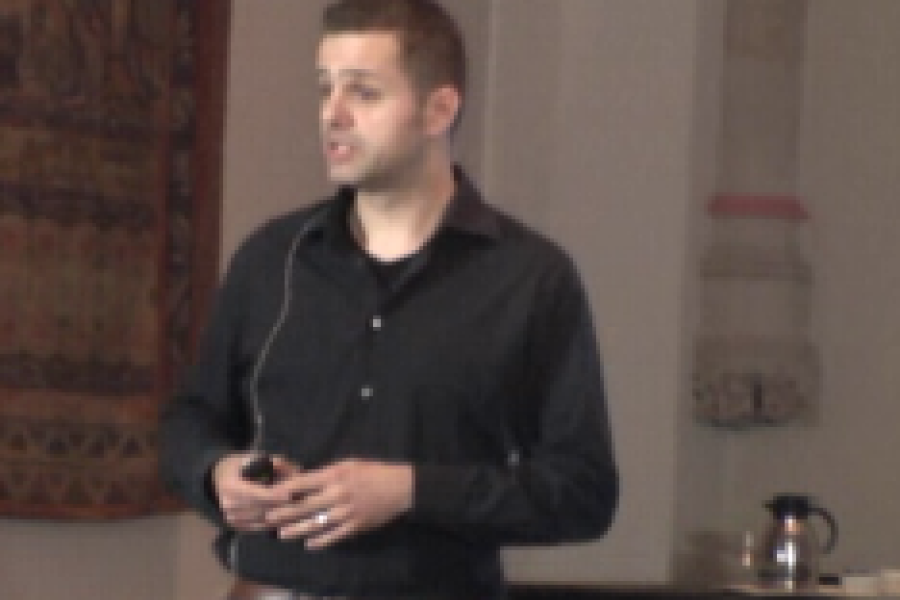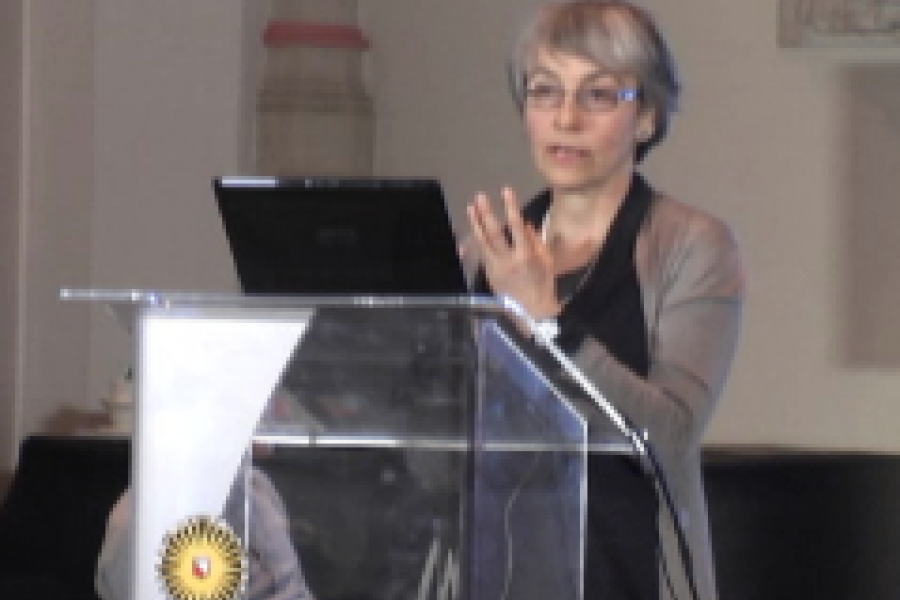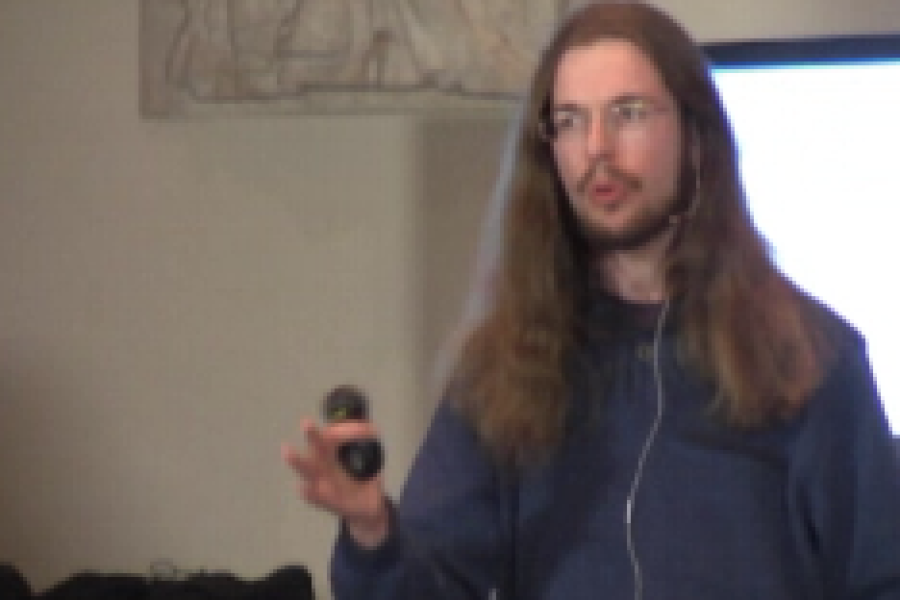Mirrorneurons and social intelligence
Most of us can effortlessly feel what goes on in other people. When we see a tarantula walk on James Bond's chest, we need no conscious deliberation to understand why he wants to kill the spider. Our hands start sweating and our heart beats faster – as if we were in his stead. Why are we so empathic? In this talk, Christian Keysers will review research that shows that our motor system, normally involved in programming our own actions, becomes automatically activated when we see the actions of others. Keysers will show how our somatosensory system, that normally responds when we are touched, becomes activated when we see the skin of other people be touched. Also regions of the brain involved in experiencing emotions such as disgust, pain and pleasure become activated when we see others experience similar emotions. Together, these data show why we do not need our intellect to understand other people. Biology has equipped us with an empathic brain that endows us with an intuitive understanding of others and an intuitive sense of ethics. Can this help us to understand collective human behavior better?














